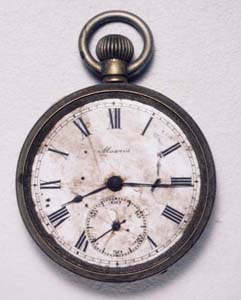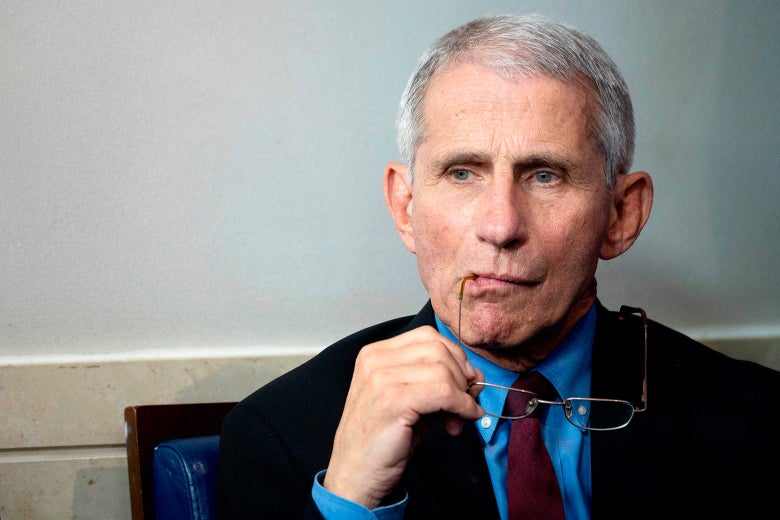The Lessons of Agnew
This is forthright and insightful analysis that I would have enjoyed and reposted in any case. But The Lessons of Agnew
is where this makes the ascent from prose to poetry.
Shared Article from Reason.com
Governments Love a Media Cartel—As Long as They're in Control
Friday A/V Club: Some people are against concentrated media power. Some just want to bend it to their will.
Jesse Walker @ reason.com
More than half a century has passed since then, and the media landscape looks very different now than it did in 1969. But it’s not hard to hear echoes of the old days when critics accuse social media sites of acting as arms of the state. . . . State and corporate power have been entwined for generations, and that didn’t stop when they started assembling transistors in Silicon Valley.
Now, there’s room to debate how much these things are true. A defender of the industry might point to various non-governmental reasons that prompt platforms to moderate their users’ speech, or might argue that these companies would dominate the tech sector even without those interventions. But I don’t want to get bogged down in those debates here. There clearly is at least some truth to the critique, and it’s worth asking how to deal with the issue—especially when some have been suggesting federal intervention as a remedy.
To them, I point to the lessons of Agnew. Beware politicians who borrow just enough from your radical critique of the corporate state to bend a power structure to their own ends.
— Jesse Walker, Governments Love a Media Cartel—As Long as They’re in Control
Reason (20 Sextilis 2021).
Industrial cartels and regulation make for clients of state power. Like any patron-client relationship, this one can lead to unstable rivalries and contests, to political jealousies and unstable demands. The only intelligent long-term way to deal with this isn’t to tighten or reform the regulation, for god’s sake. It’s to disband the cartel.







